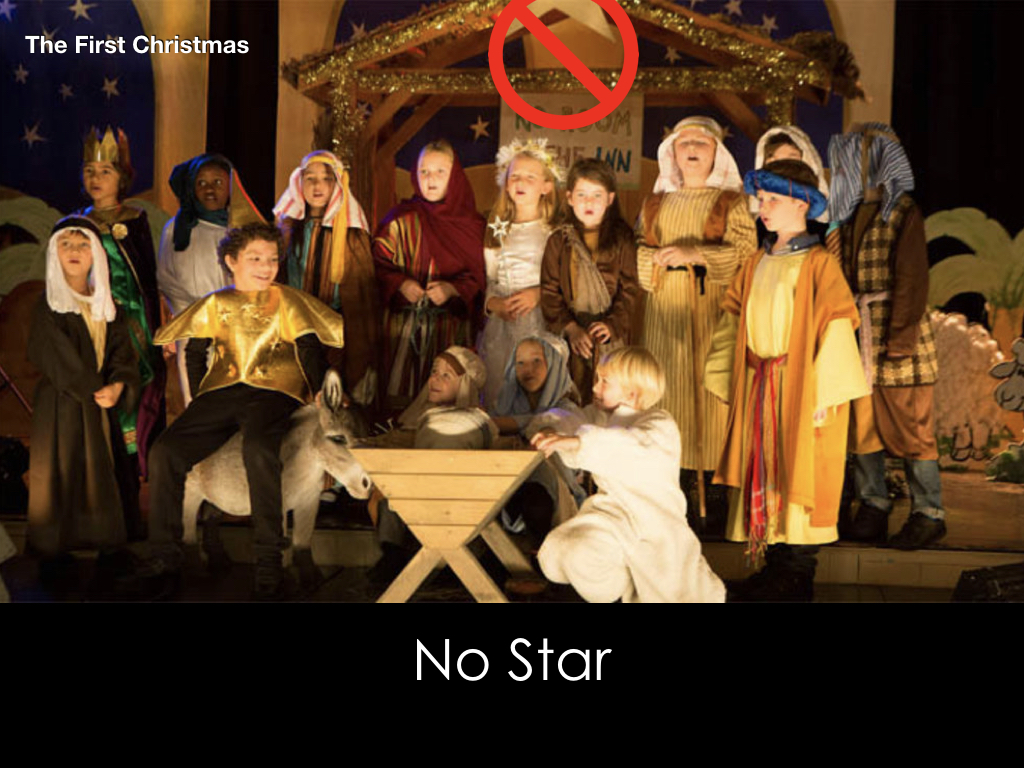

“What is a high church guy like you doing worshipping in a contemporary service like this?” It sounds like an ecclesiological pickup line, but her implied question was, “Liturgical and contemporary? Isn’t that an oxymoron?” Here are a few ruminations on the subject of contemporary/liturgical worship by someone with a strong appreciation for chant and incense…
“Contemporary” worship, or “worship” understood as a block of contemporary songs, led by a musician and backed by a band, is a very late arrival, unknown before the charismatic renewal of the late 1960s. Prior to this, Christians either worshiped in the pattern of Word and Sacrament developed over the first four Christian centuries, i.e. “the Mass,” or in the pared down “regulative principle” worship developed in the sixteenth century by our Reformed and Anabaptist brethren. The “regulative principle” says that only what can be prescribed from scripture is to be present in the church’s worship (such as readings, prayers, singing, preaching, and communion). The older traditions had a broader understanding, the “normative principle.” In the “normative principle,” whatever is edifying, as long as it is not explicitly prohibited (like cense, incense, and musical instruments to name a few) is fine. The charismatic renewal, taking the normative principle and running with it, brought a completely new idea: Worship that mimics current cultural performance forms…with historic theology even if no historic forms are present. This was a redefinition of worship, not as “scripture and sacrament,” but as “song then sermon.” Gone was the complex pattern of reading, praying, proclaiming, and responding to the Word, with singing the Word woven throughout. In were songs that sound like the music on one’s Spotify, grouped together in a “song set.” A contemporary worship service, since it has both feet in the current culture, is expected to have an element of “freshness.” In fact, if a “contemporary” service does not change playlists, genres, and instrumentation, before long it is no longer “contemporary.” It simply becomes a more recent “tradition.” Therefore, contemporary worship is umbilically tied to the contemporary Christian music industry, its’ source of new material. This goal of this form of worship is to allow the Holy Spirit to “speak” to the emotions. It is led by a song leader functioning as worship leader.
Anglicans may not be better worshippers than other Christians, but we probably think about it more than others. The Episcopal church, founded by Queen Elizabeth’s shoehorning of Catholics and Reformed Protestants together and telling them to pray the same words, have the freedom to embrace a wide spectrum of practice. Given our origins in state mandated, “Can’t we just all get along?” it should be no surprise that worship in the Episcopal church is informed by all three streams of Christian worship tradition: Word, Sacrament, and Spirit. In worship, Anglicans believe we are to be formed by God’s Word, fed at God’s table, and filled with God’s presence. Those three streams can come together in a worship service that can be without music, or undergirded by organ and choir, or driven by a band. That is why it seems to be perfectly appropriate for worship to be informed by the charismatic stream of the church. “Filled with God’s presence” is, after all, one of the three streams. The sad and frustrating part is that relatively little of contemporary worship seems to include being formed by God’s word, and nearly none, fed at a Eucharistic feast. Rather, worshippers get an “application based message” and (snark alert) the table of narcissism containing a loaf of “tear off a little Jesus-to-go.”
In the intersection of theory meets practice, at St. John the Divine, we have traditional liturgical services and contemporary liturgical services. You will notice they both have “liturgical” in common. For us, it is important that our contemporary services be contemporary while remaining scriptural, liturgical and sacramental. In other words, we are intentionally embracing all three streams. We are not simply chasing the contemporary culture. Liturgical worship, based around Word and Table, is meant to be formational and sacramental. It puts words on our lips, and thoughts on our hearts. It allows us to participate in worship, not just through the singing of words unheard over other’s amplified voices, but through movement and joined prayers. It both preaches the Gospel, and feeds us on the living presence of the God made flesh in Holy Communion. So we use contemporary music and instrumentation, but we maintain the ancient Christian pattern of worship.
But more than liturgical, three-streams worship, whether contemporary or traditional in musical genre, is sacramental. Sacraments, if you remember your confirmation class lectures, “are outward and visible signs of inward and spiritual grace” (Book of Common Prayer, p. 857). A sacrament is not merely a picture of something, they actually create what they portray. In the same way kissing does not just demonstrate your love for your special someone, kissing them actually creates more love as you do it. So sacraments too create what they signify. Baptism brings us into the Kingdom of God, it is not merely a portrait of it (Romans 6:4, Colossians 2:12). And Eucharist is the meal of the eternal presence of God. It does not just look back to the Last Supper, or just look forward to the marriage Supper of the Lamb in the end of time (Revelation 19), it brings us to the eternal now of Jesus Christ, each and every time we participate in it. In the Eucharistic feast, time and eternity meet.
So we blend the musical genres of the current culture within the ancient container. A liturgical contemporary service, with one foot in the ancient church and one in the culture is values driven (around liturgy as formational and sacrament as reality) and data supported. It asks, “What things in our culture work with our values and theology?” Here are a few interesting cultural trends we are seeing:
-Higher tech and higher touch (greater use of technology, yet more personal).
-Respectful yet comfortable in style (including teaching how and why we worship).
-Increased use of art and artfulness (no longer church in a “big-box”).
-Use of symbols: Crosses, tables, baptismal, kneelers…things that say “holy space” to those looking to experience faith.
-Worship as a whole-body experience: sitting, standing, and hand raising…but also kneeling, crossing, and bowing.
-Use of lighting to give variations in vibe and mood during the service.
-Using the Christian year to immerse the family of God in the story of God.
-A wider variety in our musical offerings, what Paul calls, “hymns, psalms and spiritual songs.” (Eph. 5:19) And a wider variety in vocalizations and instrumentation. (You might get an oboe or viola or a mandolin and a djimbe.)
The “what” though, is not nearly as important as the “why.” We will continue to shift and nudge things to remain connected to our culture while staying faithful to our scriptural, liturgical, and sacramental values. In doing so, we are attempting to honor God by praising his name (Ps. 145:21), while creating biblically faithful, outward facing disciples who reach the next generation with the Good News of Jesus.
























